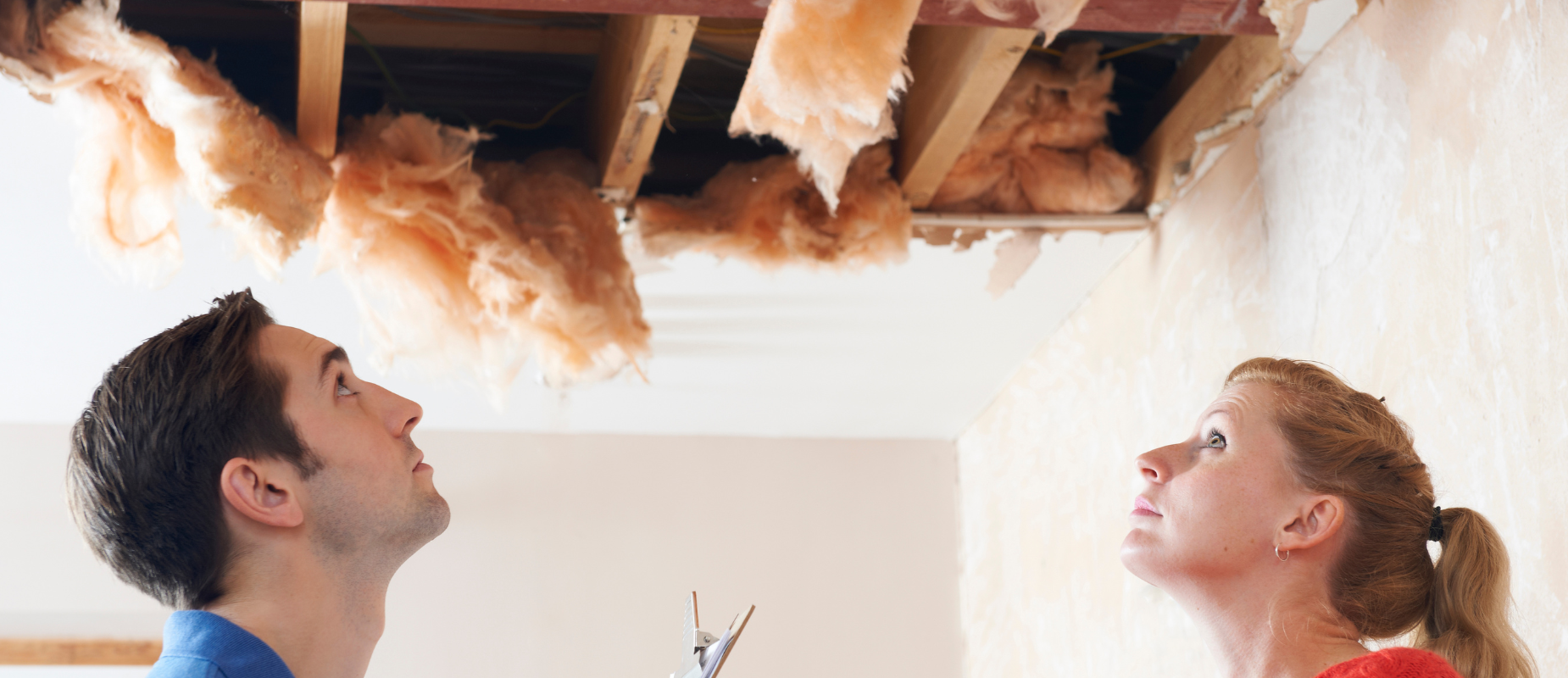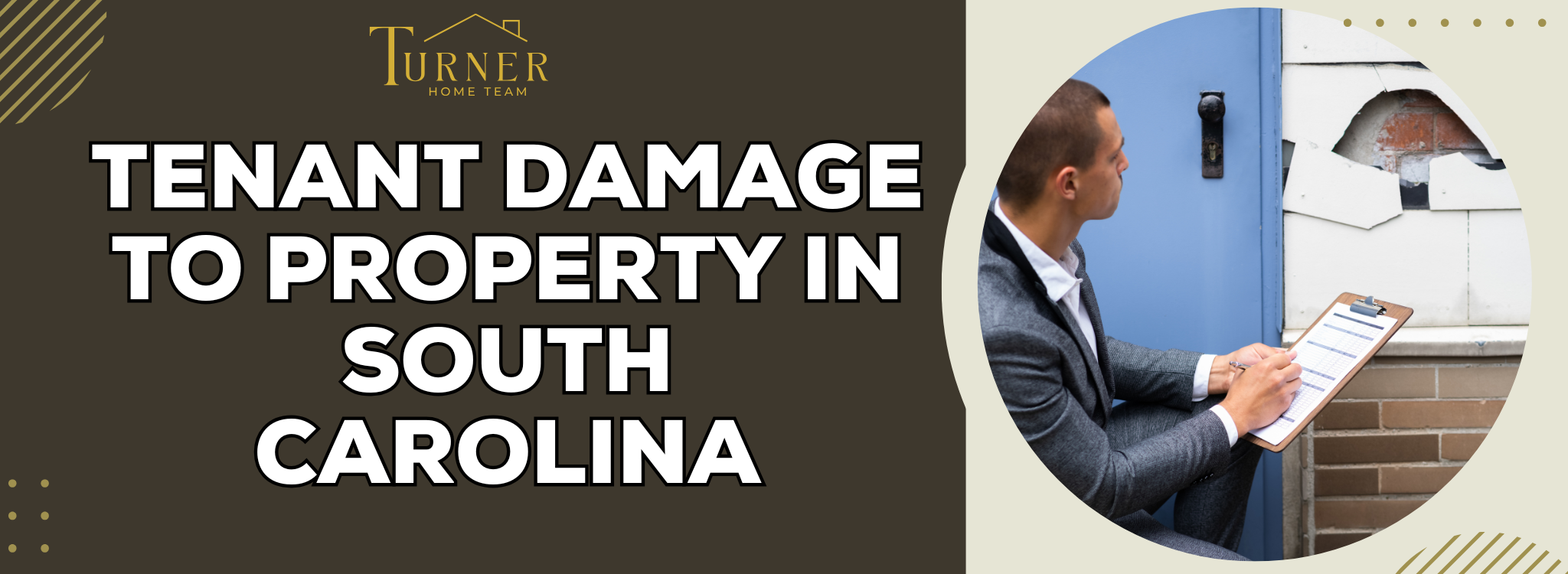
What Are the Legal Implications of Tenant Damage in South Carolina?
Even in the case of tenant damage, landowners do need some projection of the South Carolina consequences. Containing the Damage Control from a Legal Perspective in the case of landlord-tenant issues requires a comprehensive understanding of the liability of the individual parties.
South Carolina Laws on Tenant Property Damage
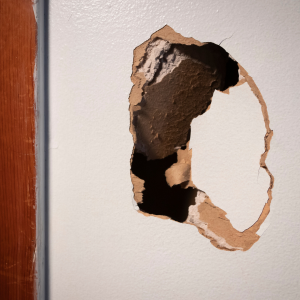
As South Carolina sees it, the tenant must take reasonable efforts to ensure that the property suffers no damage of any sort. For that to be the case, however, it must be in a tenant’s reasonable action. In cases of substantial property damage, the landlord does have some avenues to take in an eviction case. In landlord-tenant disputes, the allocation of damage liability is crucial in landlord negligence claims.
How does the Lease affect the Legal Action That Can be Taken?
A lease agreement’s primary purpose is to communicate to the tenant the scope of their responsibilities, which may include triggering the landlord’s right to pursue damages. In South Carolina, the legal system operates under the notion that tenants’ damages cause lease breaches in the opposite direction. A properly executed rental agreement will outline the tenant’s legal rights and assist in any potential landlord negligence claims. Both parties must understand the loss-allocated content.
When Can A Landlord Make Deductions From A Security Deposit?
Conflicts over security deposits are common. Landlords in South Carolina are permitted to deduct legitimate property damage. Defenders of removal should make a clear note of the costs for any repairs before making any deductions from a tenant’s account. Knowing which laws apply to security deposits and how to properly return them to tenants will help you navigate South Carolina housing laws to the tenant’s security deposits effectively.
Can Tenant Damage Affect Landlord’s Insurance Policy?
In South Carolina, rent insurance does cover damages done to the rented property, but there are more nuanced details to your policy. Moreover, damages will affect your future premiums.
What Insurance Does A Landlord Need in South Carolina?
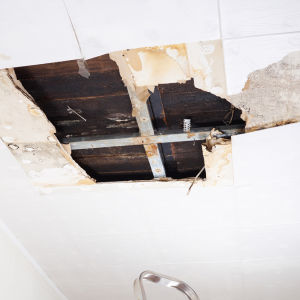
Lease agreements in Greenville will contain liability coverages and will extend to damage caused by the tenant. This, of course, is in addition to general liability coverage. Among other things, Landlords will have to take management decisions for their property located in Greenville, South Carolina.
What Happens When Insurance Claims Are Filed for Tenant Damage?
Filing insurance claims for tenant damage can become complicated. For landlords, ascertaining whether damage value falls under the insurance policy’s coverage is critical. Consequences will affect repair responsibility, future policy renewals, and even future policy premiums. In South Carolina, damage and rental policy requires the understanding of the relevant real estate, as well as the underlying documentation.
How Can Effective Communication Prevent Tenant Damage?
To an extent, damage caused by tenants can be avoided with communication. However, owners and tenants both have peace of mind if expectations are determined and communicated prior. That said, even with the most comprehensive lease agreements, the chances of property damage are minimized if landlords communicate South Carolina’s housing law, as it defines and streamlines an owner’s obligations and potential liability, thereby preventing disputes.
Encourage property owners by communicating frequently with proactive tenants and prospective property owners with responsive tenants. This strategy encourages early detection of possible disputes before they escalate.
What Role Does a Move-In Checklist Play in Avoiding Disputes?
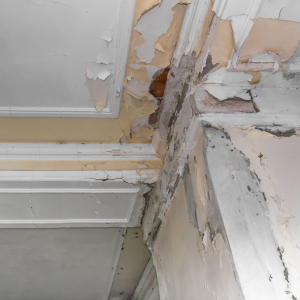
In South Carolina, a move-in checklist minimizes conflicts for landlords and tenants. Conducting a comprehensive property inspection and documenting its conditions prior to the start of a lease allows for a better understanding of potential issues before the lease officially begins. This initial report serves as a valuable reference for future property assessments and the extent of deterioration a tenant’s occupancy causes.
When preparing a move-in checklist, document all areas of the property, including detailed characteristics of its walls, floors, furnishings, and other household fixtures. Involving a tenant allows for a mutual understanding regarding the condition of the property and prior damage. Agreeing in advance on issues that will be repaired prevents potential conflicts.
Diligence in documenting assessments and communicating with tenants about expectations can help maintain the condition of a property and expedite the resolution of conflicts by offering proof.
These proactive strategies will enhance the rental experience for both landlords and tenants while safeguarding the condition of the property.
Why Is Regular Property Inspection Crucial for Landlords?
In South Carolina, effective property management includes having regular property inspections. These inspections are a legal requirement and assess the condition of the property and help the landlord maintain the condition. Having regular property inspections helps to maintain and protect the investment while also fulfilling landlord duties in South Carolina. This also fulfills a significant aspect of SC maintenance of rental property.
- Scheduling and Conducting Routine Inspections
- How do you Document Findings and Communicate with Tenants?
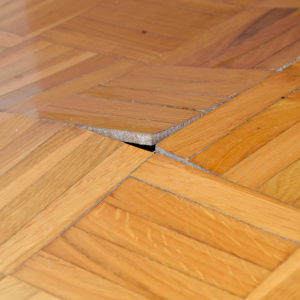
What Are the Best Practices for Tenant Screening in South Carolina?
Tenant screening is vital for protecting the property and ensuring a smooth rental relationship. South Carolina landlord-tenant SC laws provide guidelines. Landlords must know the legal rights of tenants to conduct screenings lawfully and ethically.
- Important Criteria for Evaluating Potential Tenants
- How Does Tenant Background Check Impact Property Management?
How to Handle a Tenant Refusing to Pay for Damages?
In the case of a South Carolina landlord regarding tenant damage, you have to know what actions and what the law can allow you to do. Start with damage: document the area, and take photographs and detailed descriptions. Lastly, gather proof of your claim, if you have any.
Understand what actions you can take to file a Small Claims Court SC claim, or start an eviction; it is best to consult a legal professional. Knowing your rights will give you a better handle on the situation to respond.
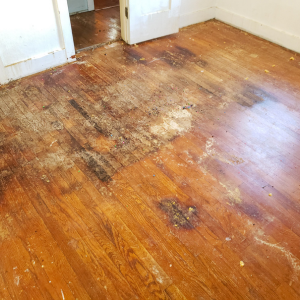
Steps to Take When Negotiations Fail
In the case of the for which you are accountable as a South Carolina landlord, it is most likely that you will have an expectation of repair costs that a tenant will need to have deducted from the tenant’s security deposit, which will need to comply with the South Carolina housing law, which you will need to communicate to the tenant. If they do not respond, it will give you the rationale to proceed with the claim.
Consult a legal professional about filing a claim in small claims court, SC, or initiating eviction procedures. Knowing your rights will allow you to respond more effectively in these situations.
Legal Recourse Available to Landlords in South Carolina
Landlords in South Carolina can pursue several avenues legally for damages caused by tenants. Landlords can choose legal action including small claims court in South Carolina as this would allow you to seek damages without incurring significant legal costs.
Landlords should familiarize themselves with the reasons for tenant eviction in South Carolina as this knowledge might impact landlord decisions in the eviction process. This is essential in balancing law and the probable eviction costs for tenant damages.
What Resources Are Available for South Carolina Landlords?
Facing challenges when owning rental property in South Carolina is common. This is also why property owners should join local associations that lend support. These organizations provide legal guides on South Carolina real estate and offer other educational materials.
Landlords can also attend workshops or seminars for tenant support and determine the best practices for property management.
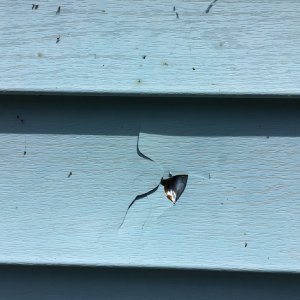
Local Associations and Support Networks for Landlords
South Carolina landlords can greatly benefit from joining local associations and support networks. These organizations assist with South Carolina real estate law and landlord-tenant issues.
Engaging with these groups connects you with other property owners facing similar challenges. Sharing experiences can lead to innovative solutions and better support.
How to Leverage Professional Property Management Services?
Professional property management services in South Carolina help landlords maintain their rental properties without daily involvement. These services cover tenant screening, rent collection, and maintenance management.
Partnering with a property management company reduces the risk of tenant disputes and streamlines operations. This lets landlords focus on other aspects of their investments, knowing their properties are well-managed.
How Do State Laws Affect Landlord Responsibilities?
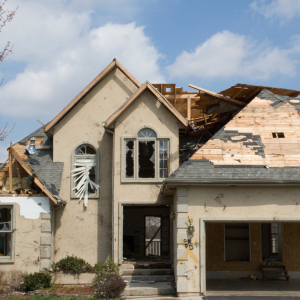
Understanding state laws is vital for landlords in South Carolina. Under South Carolina housing laws, landlords have specific responsibilities outlined in the state’s Landlord-Tenant Act. These include providing tenants with a safe and livable environment, addressing repair needs swiftly, and complying with health and safety codes.
According to South Carolina’s Landlord-Tenant Act, landlords must ensure that rental properties are suitable for living and make necessary repairs promptly. Ignoring these landlord duties can result in legal issues and penalties. Landlords should also understand the rules about repair costs in South Carolina. Typically, landlords cover repairs affecting habitability, while tenants pay for damage caused by misuse or negligence.
Proper property management in South Carolina means keeping updated on any legal changes. By knowing and meeting their obligations under landlord-tenant laws SC, landlords can reduce legal risks and maintain good tenant relationships.
What Are Proactive Steps to Minimize Property Damage Risks?
Reducing property damage risks involves proactive steps for tenant damage prevention in South Carolina. Creating a rental property maintenance plan is key. Regular inspections and timely repairs help prevent serious wear and tear, ensuring the property’s longevity.
Here are several steps for proper property care and maintenance:
- Create a Preventive Maintenance Plan: Schedule regular inspections and maintenance to tackle potential issues early. Check plumbing, electrical, and HVAC systems routinely.
- Educate Tenants: Give tenants guidelines on property upkeep. Encourage them to report maintenance issues quickly and teach them what normal wear and tear looks like in South Carolina.
- Use Quality Materials: Choose durable materials and fixtures that withstand use, reducing frequent replacements or repairs.
- Implement Clear Policies: Set clear rules on tenant responsibilities and property care. Include expectations for cleanliness, notifying of repairs, and handling minor maintenance tasks.
By taking these steps, landlords can effectively manage tenant property damage risks and keep their rental properties in excellent shape. For more resources on property management, consider seeking advice from professional services like Turner Home Team.
If you’re looking to sell a house in South Carolina, this guide is packed with valuable insights to help you navigate the process smoothly. Whether you’re in Charleston, Myrtle Beach, Socastee, or any nearby area, the tips and strategies shared here are designed to make your experience easier. At Turner Home Team, we specialize in helping homeowners sell quickly and hassle-free. If you need personalized assistance or have specific questions, don’t hesitate to Contact Us at (252) 525-4780. We’re here to help every step of the way!
Get Your Offer Now!
START HERE: We buy properties in ANY CONDITION.

